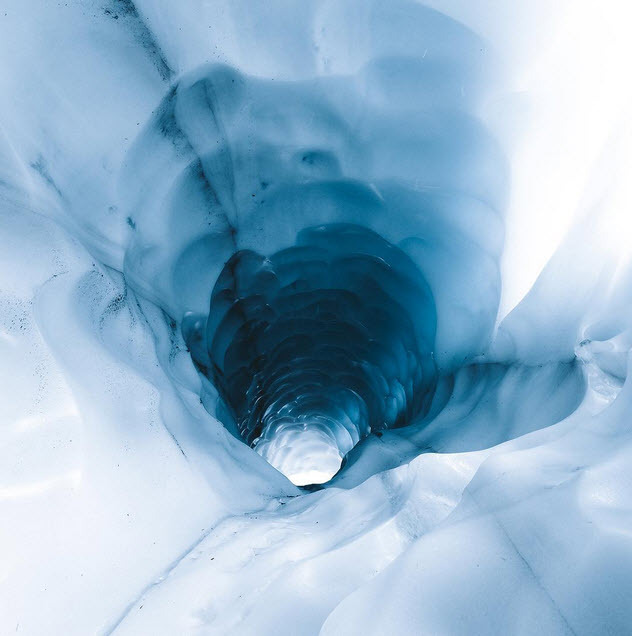If everything goes to plan, Alex Bellini could become the first person to live on an iceberg, where temperatures hover between 5 to −4 degrees Fahrenheit and gale-force winds blow.
The 38-year-old Italian public speaker and adventurer, who crossed two oceans alone on a row boat and ran across the U.S. in 70 days, recently spoke about his project, Adrift, a years’-long ambition to live in a survival capsule on a Greenland iceberg.
Once a suitable iceberg is selected, Bellini plans to conduct research on climate change’s affect on ice sheets and to test the limits of human endurance and survival.
“I’m not in love with Greenland, and I’m not personally in love with ice, even though I was born in the mountains,” Bellini told IFL Science. “[The reason I’m doing this] is exploring, knowing, trying to understand how you can cope with unpredictable situations.”
According to the Adrift mission website, sensors and devices will be placed on the iceberg to collect real-time data about ice structure and its evolution as it drifts.
“This data, never collected before, will help scientists to understand important issues about climate change on Planet Earth,” the site states.




